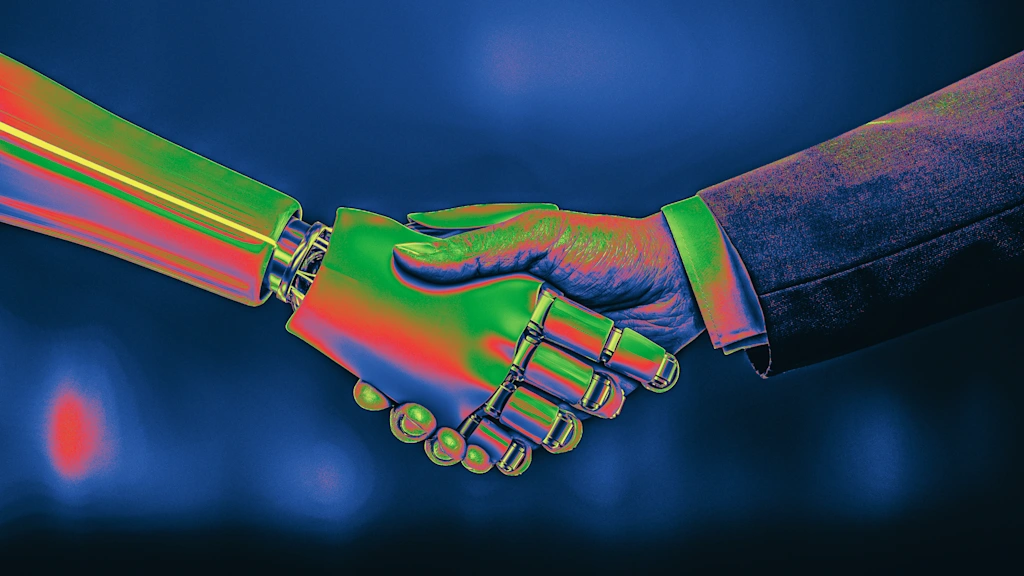
"Months ago, I warned about "shadow AI": employees moving faster than their companies, using AI without permission or training, while managers pretended not to notice. The right response was never prohibition but education and better governance. That was only the first signal of something bigger: BYOA or BYOAI, "bring your own algorithm" or "bring your own AI." Now the trend is visible everywhere: workers are embedding their own agents into daily workflows, while companies scramble to bolt on controls after the fact."
"The data backs it up: Microsoft's Work Trend Index already noted in 2024 that three out of four employees were using AI, and that 78% of them were "bringing it from home," without waiting for corporate tools. This isn't marginal: it's the new normal in an overworked environment where AI becomes a cognitive shortcut. The 2025 report goes further, warning that today's workload "pushes the limits of the human" and that the real frontier organizations will be those that adopt human-agent collaboration as their default architecture."
"Even so, the soothing corporate narrative ("we'll provide official access and train everyone soon") ignores an uncomfortable fact: BYOAI is not a fad, it's an asymmetry of power. Half of all employees admit to using unapproved tools, and they wouldn't stop even if you banned them. The incentive is obvious: less friction, higher performance, and with it, better evaluations and opportunities."
Employees are embedding personal AI agents into workflows, creating a BYOAI trend distinct from BYOD because it adds a cognitive layer that decides, infers, and learns. Large-scale adoption is already evident: surveys show about three in four employees use AI and 78% bring tools from home, driven by workload pressures and productivity gains. Organizations are reacting by bolting on controls after the fact while governance and training lag. Many employees will continue using unapproved tools because they reduce friction and improve evaluations. The imbalance creates data leakage, intellectual accumulation risks, and a power asymmetry that requires education and proactive governance.
Read at Fast Company
Unable to calculate read time
Collection
[
|
...
]